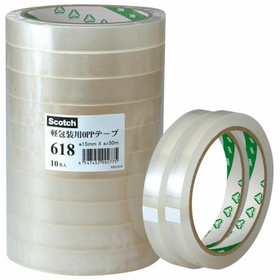Characteristics of Carbon Fiber Reinforced Polymer (CFRP) and Precision Press Processing Methods
Lightweight and high strength. Resistant to rust and excellent heat resistance, it can also be used as a conductive material.
Our company, Yamada Manufacturing Co., Ltd., has built a long-standing trust and track record with our customers in the field of non-metallic resin pressing due to the uniqueness of this sector. We will introduce basic information and know-how regarding CFRP from a perspective that only our company can provide. Please read this before selecting materials or processing. "CFRP" is a material made from synthetic fibers (carbon fibers) that are burned at high temperatures using resin containing carbon as the raw material. It has a performance that is about one-quarter the weight of iron while being approximately ten times stronger. [Our Processing Methods] ■ Reduction of material costs through optimal mold design ■ Increased lifespan with ultra-hard molds ■ Suppression of dust generation by pursuing mold clearance ■ Establishment of a manufacturing line that does not use processing oil ~ If you have any requests regarding the pressing or cutting of CFRP materials, please leave it to us! ~ *For more detailed information, please refer to the PDF materials.
Inquire About This Product
basic information
[Points to be Aware of During Processing] ■ Molds and cutting tools may wear significantly ■ Dust may be generated during processing ■ The use of cutting oil is not preferable *For more details, please refer to the PDF document or feel free to contact us.*
Price range
Delivery Time
Applications/Examples of results
For more details, please refer to the PDF document or feel free to contact us.
catalog(2)
Download All CatalogsCompany information
Yamada Manufacturing is a leading company in non-metallic resin pressing, primarily focusing on the processing of Bakelite, and we deliver a wide range of products such as resin press parts and insulating parts to the automotive industry. Bakelite processing utilizes a variety of materials, including paper and fabric substrates, as well as our mainstay glass substrates. Our products are increasingly being adopted in automotive electrical components, electronic device parts, and more recently, in electric vehicle components, which has garnered us further patronage. Additionally, we have a proven track record in processing a diverse array of materials, including thin film products, melamine, and rubber. In recent years, we have also achieved cost reductions through shape processing of adhesive-backed materials and by applying adhesives to substrates in-house before shape processing.


![[Technical Data] Processing Know-How for Insulating Materials - Resin Laminates, Industrial Special Papers, Films, Adhesives](https://image.mono.ipros.com/public/catalog/image/01/d98/524746/IPROS47052943354285939147.jpeg?w=120&h=170)
![[Company Information] Non-Metallic Material Press Processing - Yamada Manufacturing Co., Ltd.](https://image.mono.ipros.com/public/catalog/image/01/cad/403471/IPROS60163301253362459954.jpeg?w=120&h=170)







